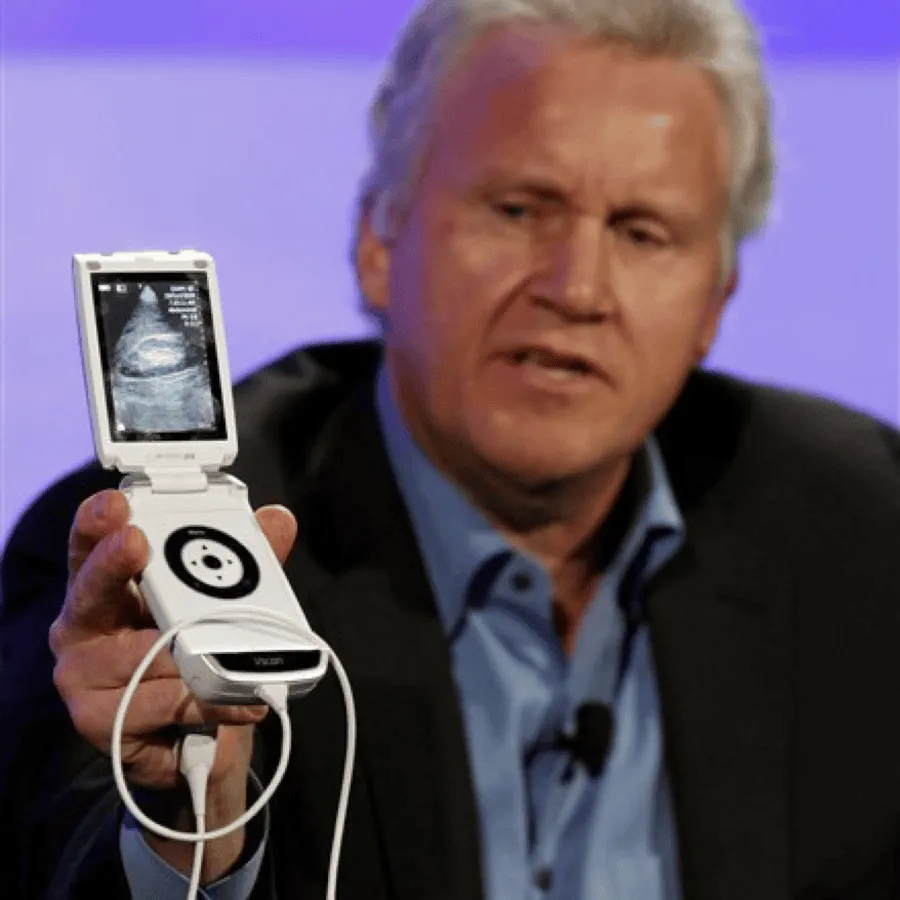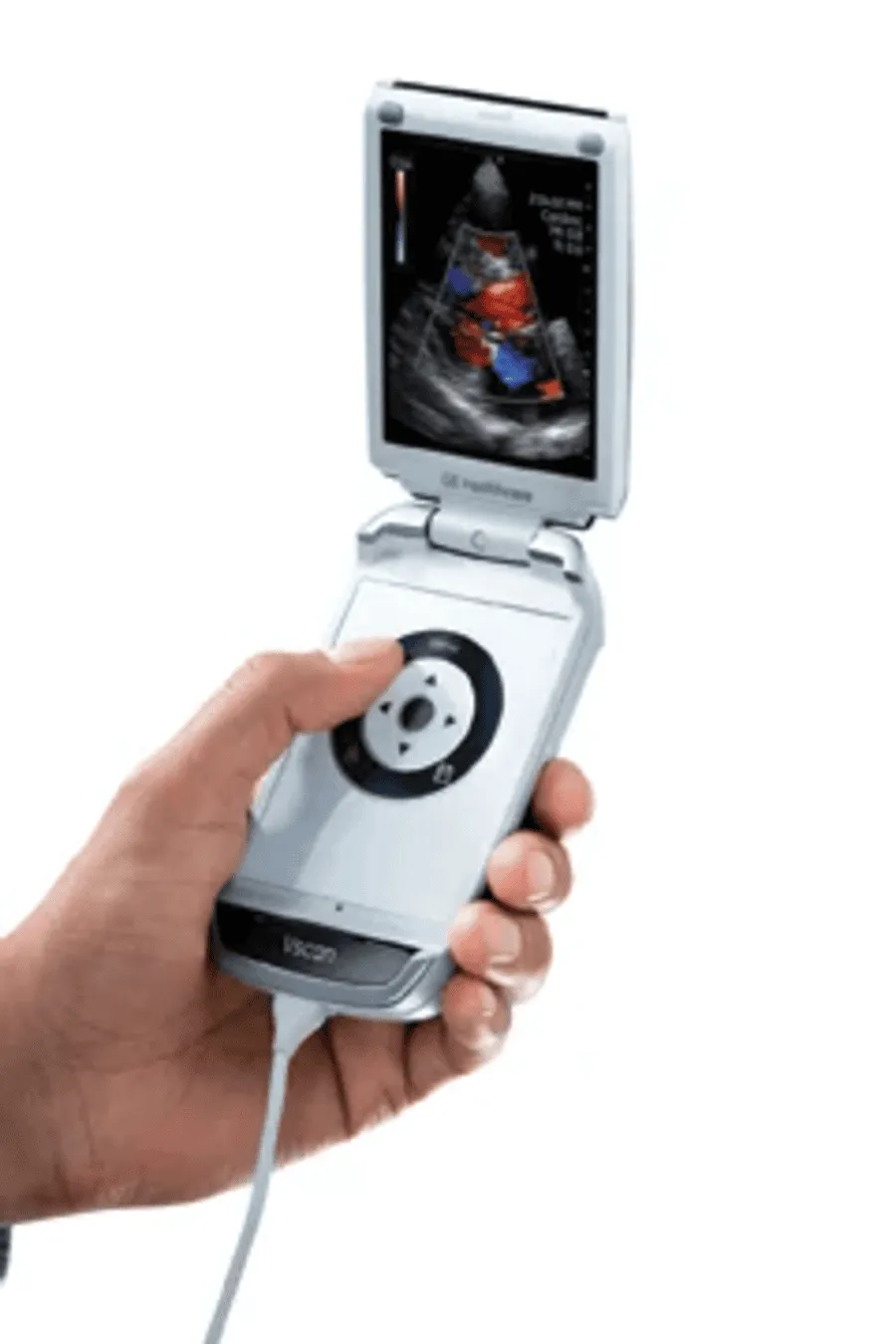GE Portable Ultrasound Device (Due Diligence)

A technology developed for legitimate medical purposes (diagnosing congenital malformations, screening genetic diseases, prenatal health, etc.) was later misused for sex‐determination of fetuses, often leading to selective abortion. The incidence became what people refer to in discussions of due diligence and ethics in medical device/diagnostic product development and distribution.
The documented cases is General Electric (GE) and how their ultrasound machines were used in India. Ultrasound was originally developed and sold for legitimate medical diagnostic purposes (e.g. monitoring fetal development, detecting congenital abnormalities). Over time, in India especially, many ultrasound machines were used (or misused) for prenatal sex determination (i.e. finding out if the fetus was male or female) which is illegal under Indian law when used for sex selection.
The misuse was significant enough that it led to legal regulation: the Pre‐Natal Diagnostic Techniques (PNDT) Act in 1994, later amended as the Pre‐conception and Pre‐natal Diagnostic Techniques (Prohibition of Sex Selection) Act (PC&PNDT Act). These laws ban using diagnostic techniques to determine sex of the fetus for non‐medical reasons.
GE itself recognized that some of its ultrasound machines were enabling illegal sex‐selective abortions. As part of its human rights due diligence, GE instituted measures:
- Sales review/screening of customers to avoid knowingly selling to those who might misuse machines.
- Labeling machines with stickers warning that sex‐selective abortions/sex determination is prohibited.
- Contract clauses forbidding use of the equipment for sex determination.
- Training their sales staff to be aware of the issue.
This situation is often cited in discussions about corporate responsibility and due diligence, as a case where a company’s product (ultrasound) had both legitimate uses and potential for serious abuse, and the company took steps to mitigate the misuse.
Why This Is Brought Up in Due Diligence/Ethics
The reason this kind of incident often comes up in discussions about due diligence is:
- A product is designed for beneficial, sometimes lifesaving, medical or scientific purposes.
- But social, cultural, or economic pressures (e.g. preference for male children in some societies) create demand for misuse.
- If manufacturers, distributors, or regulatory authorities/together ignore or inadequately address this risk, that misuse can become widespread and harm human rights (gender balance, women’s rights).
- So “due diligence” in product development, marketing, distribution, etc. isn’t just about safety, function and accuracy, but also about anticipating possible misuses (ethical, legal, social) and acting to prevent them.
